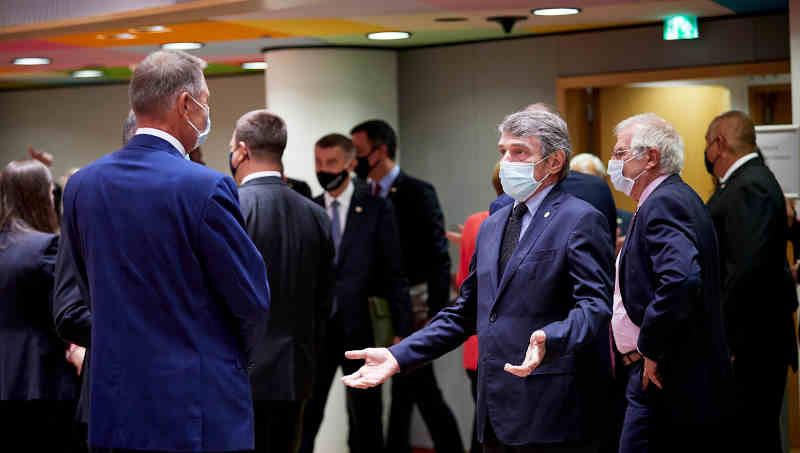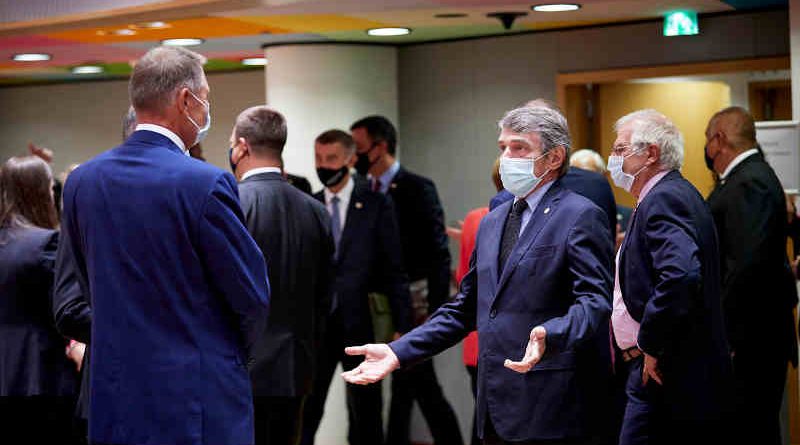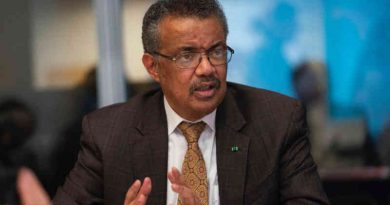Europe to Build Recovery and Resilience Facility to Tackle Covid-19

On Monday (November 9), MEPs adopted the Recovery and Resilience Facility (RRF) an instrument designed to help EU countries tackling the effects and consequences of the Covid-19 pandemic.
The Budgets and Economic and Monetary Affairs committees adopted the objectives, financing and the rules for providing funding from the RRF, with 73 votes to 11 and 15 abstentions. MEPs also adopted a mandate to enter into negotiations with EU governments by 84 votes to 11 and 4 abstentions.
They agreed that the RFF should only be made available to member states committed to respecting the rule of law and the European Union’s fundamental values.
National recovery and resilience plans would be eligible for financing if they are consistent with six EU priorities: green transition, digital transformation, economic cohesion and competitiveness, social and territorial cohesion, institutional crisis-reaction, and crisis preparedness, as well as with Next Generation EU policies, which include the European Skills Agenda, the Youth Guarantee and the Child Guarantee.
MEPs also want each plan to contribute at least 40% of its budget to climate and biodiversity and at least 20% to digital actions. The plans should have a lasting impact on EU countries in both social and economic terms and provide comprehensive reform and a robust investment package.
MEPs want the amount of €672,5 billion euros in grants and loans to be available to finance national measures designed to alleviate the economic and social consequences of the pandemic, which will be in place from 1 February 2020 onwards.
They also want the funding to be available for four years (instead of three as in the Council position) and for EU governments to be able to request up to 20% pre-financing for their recovery and resilience plans, instead of proposed 10%, so that they can react faster and do more.
MEPs from the both committees demanded that the Commission (responsible for the RFF implementation) be accountable to the EP, including by submitting a report twice a year outlining how the targets and milestones have been implemented as well as the amounts paid to each EU country.
They also stressed that the recipients should ensure that spending under the RRF is visible by clearly labeling the supported projects as “European Union Recovery Initiative”.




